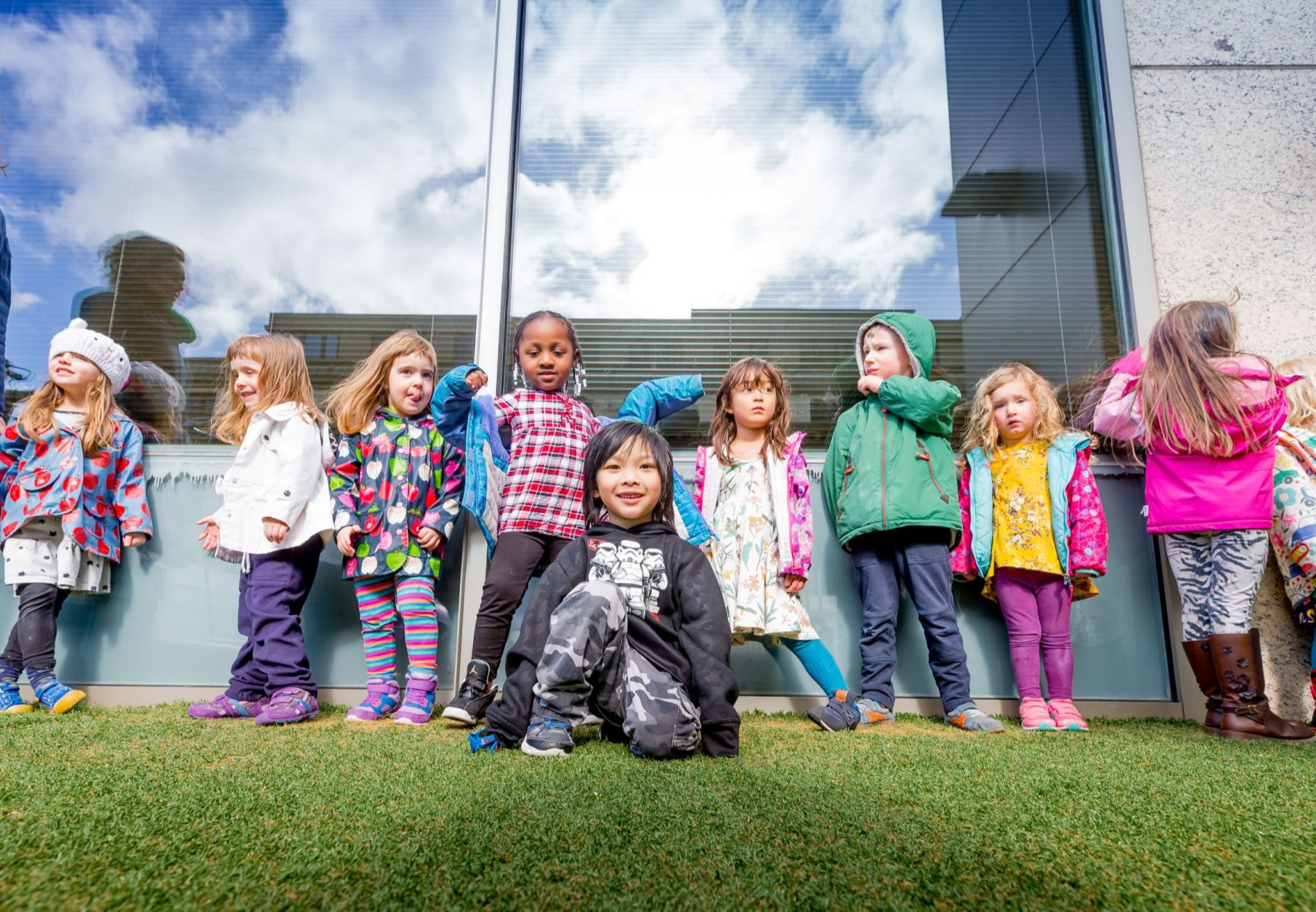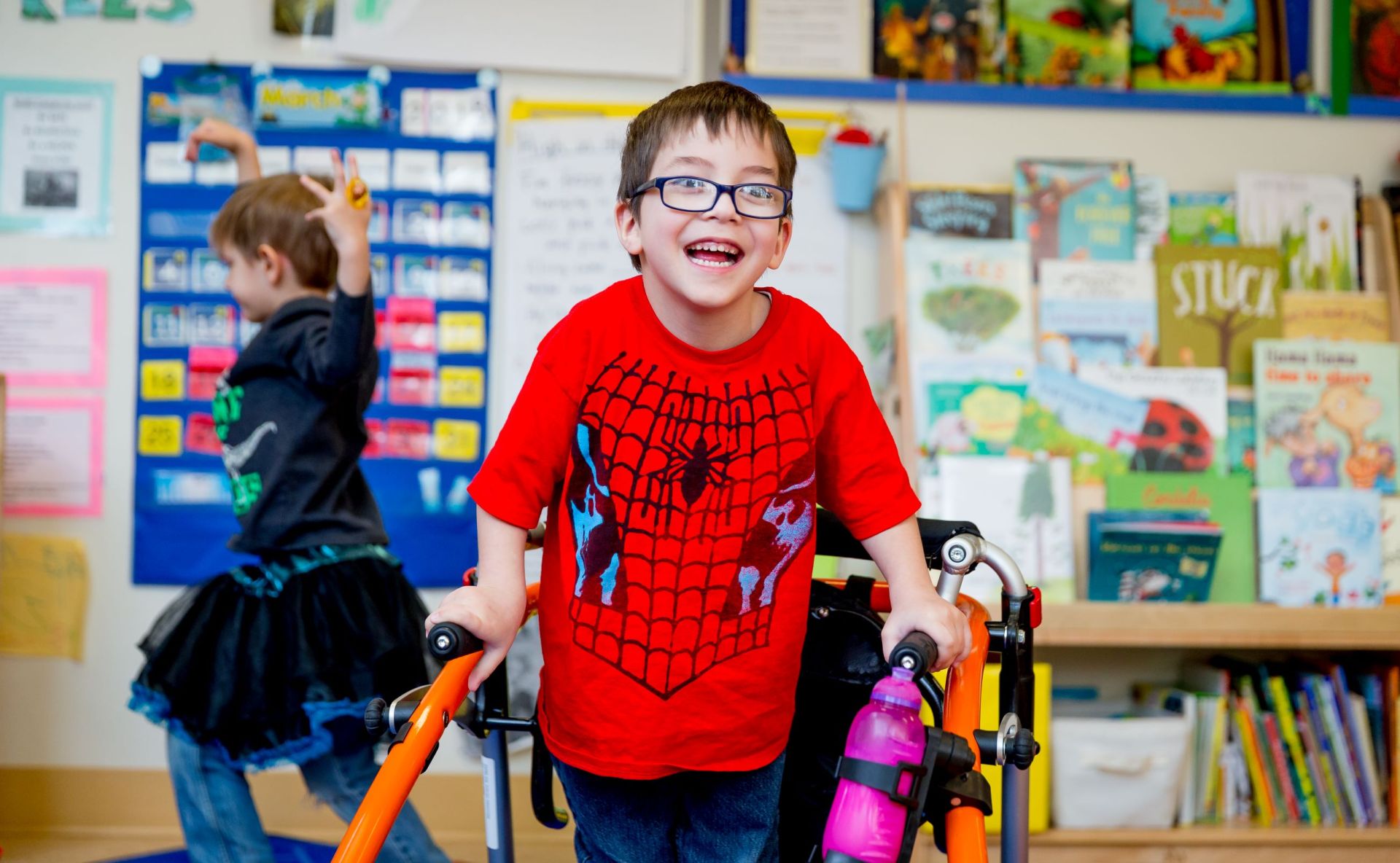Inclusion in Early Childhood Education
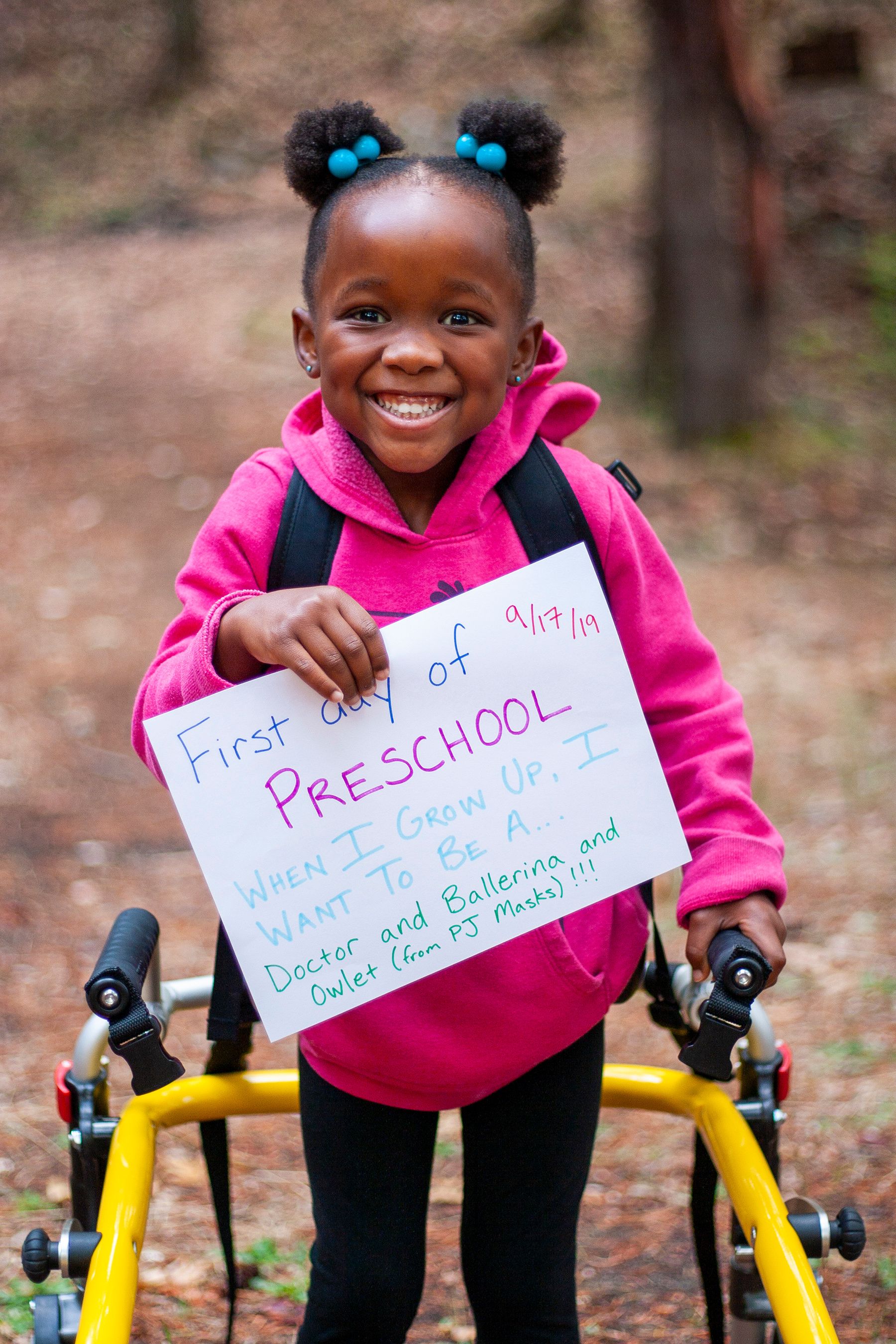
What is inclusive early learning education?
The Division of Early Childhood and the National Association for the Education of Young Children define inclusion as:
“Early Childhood inclusion embodies the values, policies, and practices that support the right of every infant and young child (and his or her family), regardless of ability, to participate in a broad range of activities and contexts as full members of families, communities, and society.”
Simply put, early childhood inclusion means all children participate and belong in the early learning classroom.
“Early Childhood inclusion embodies the values, policies, and practices that support the right of every infant and young child (and his or her family), regardless of ability, to participate in a broad range of activities and contexts as full members of families, communities, and society.”
Simply put, early childhood inclusion means all children participate and belong in the early learning classroom.
EXCLUSION, Separation, & Integration
What inclusion is, and what it is not...
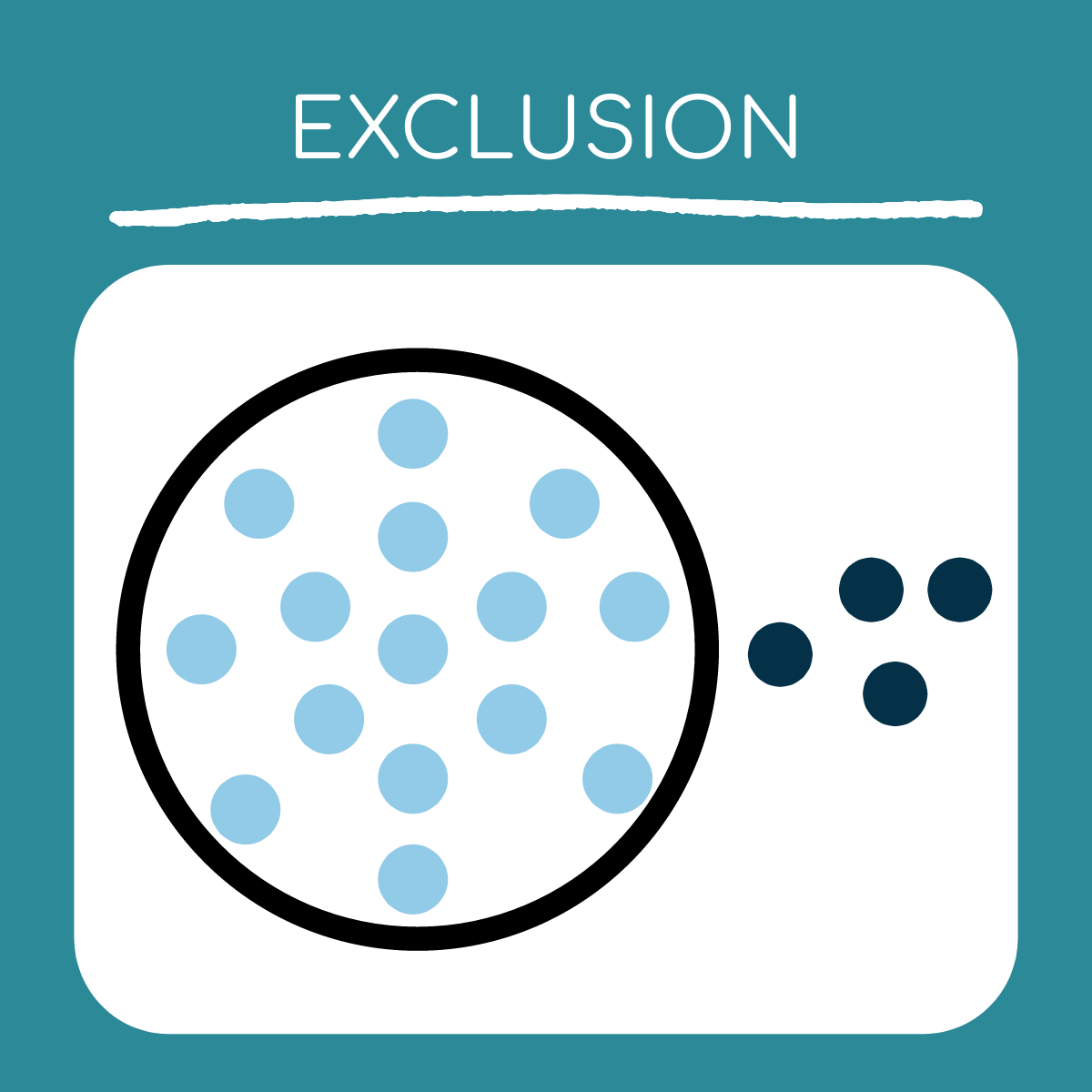
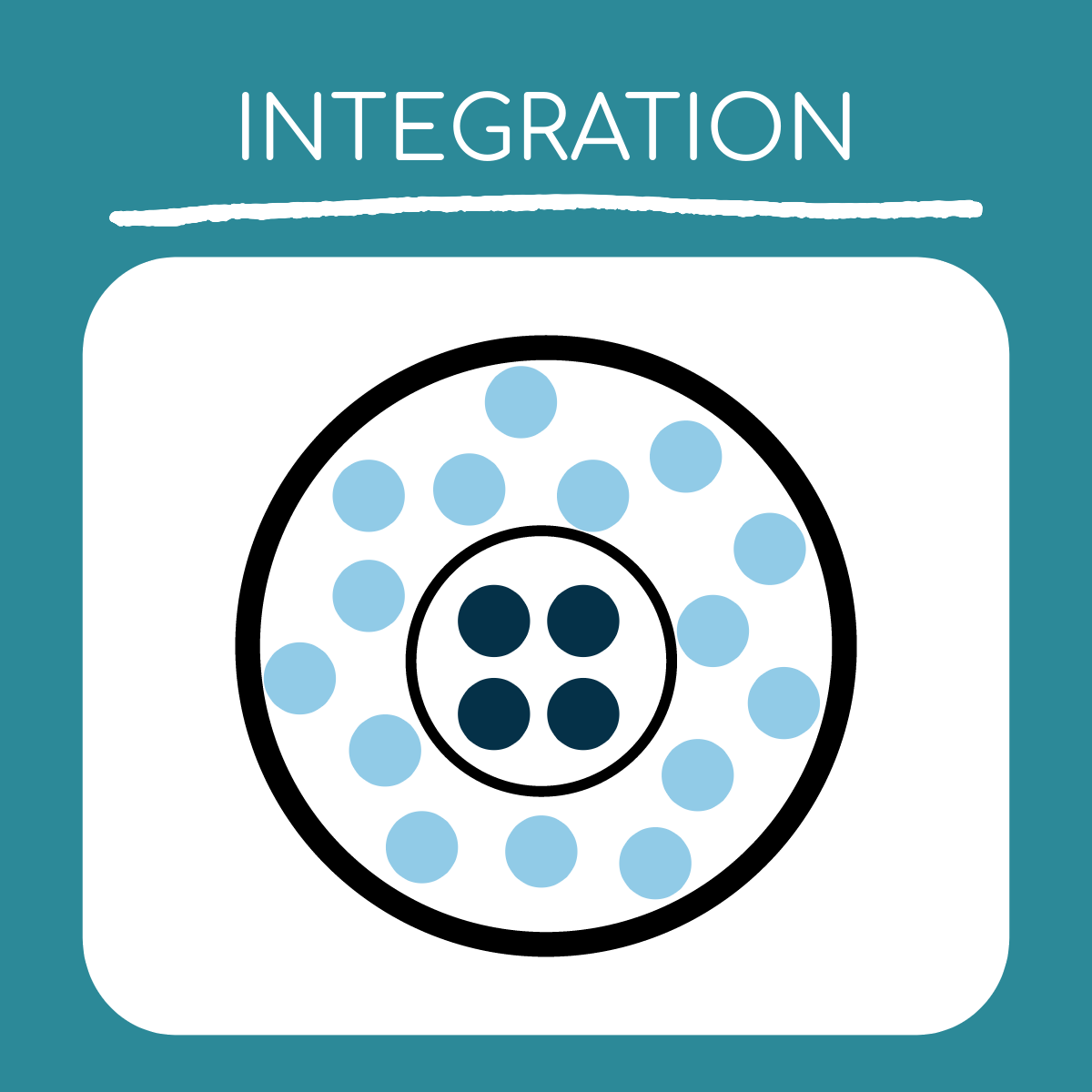
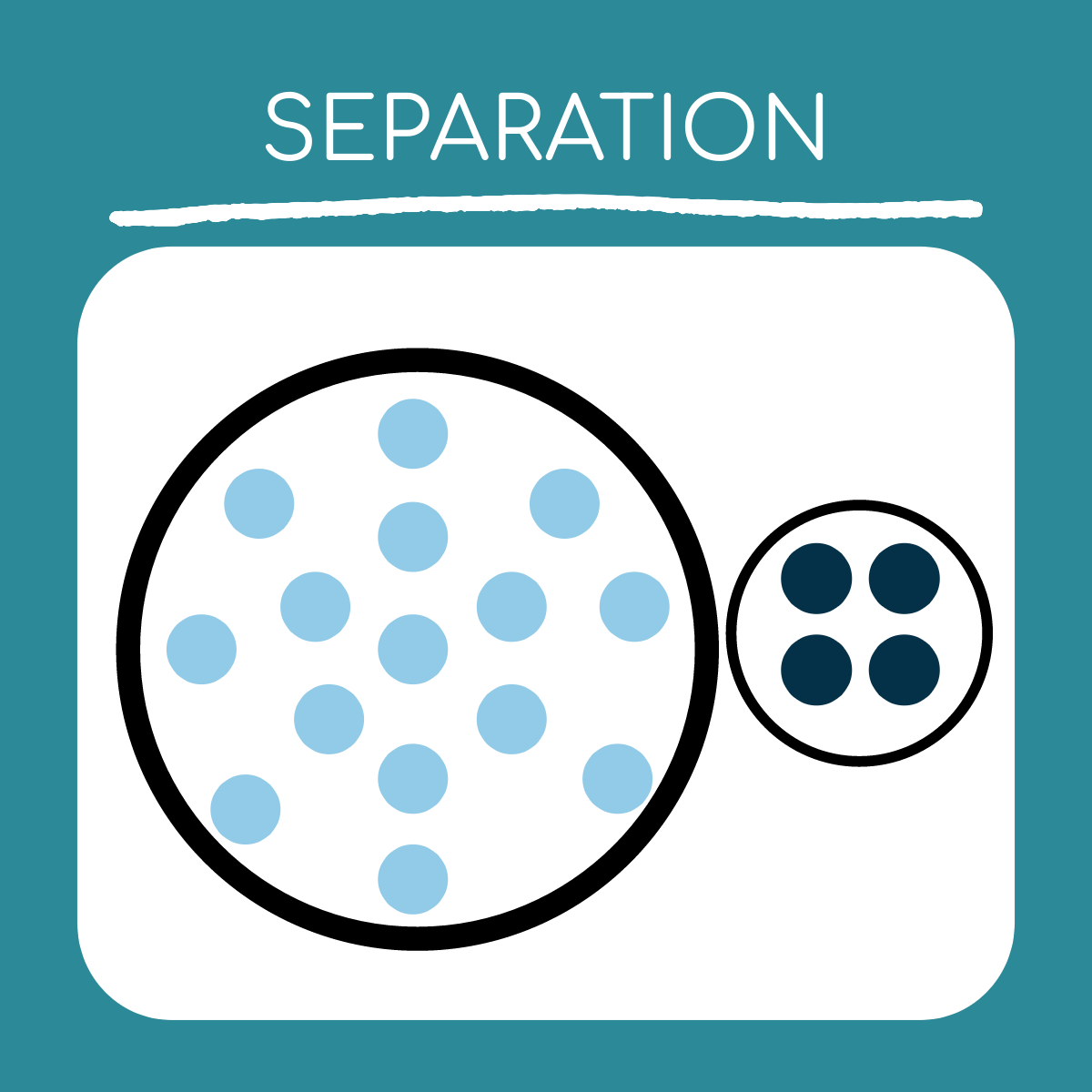
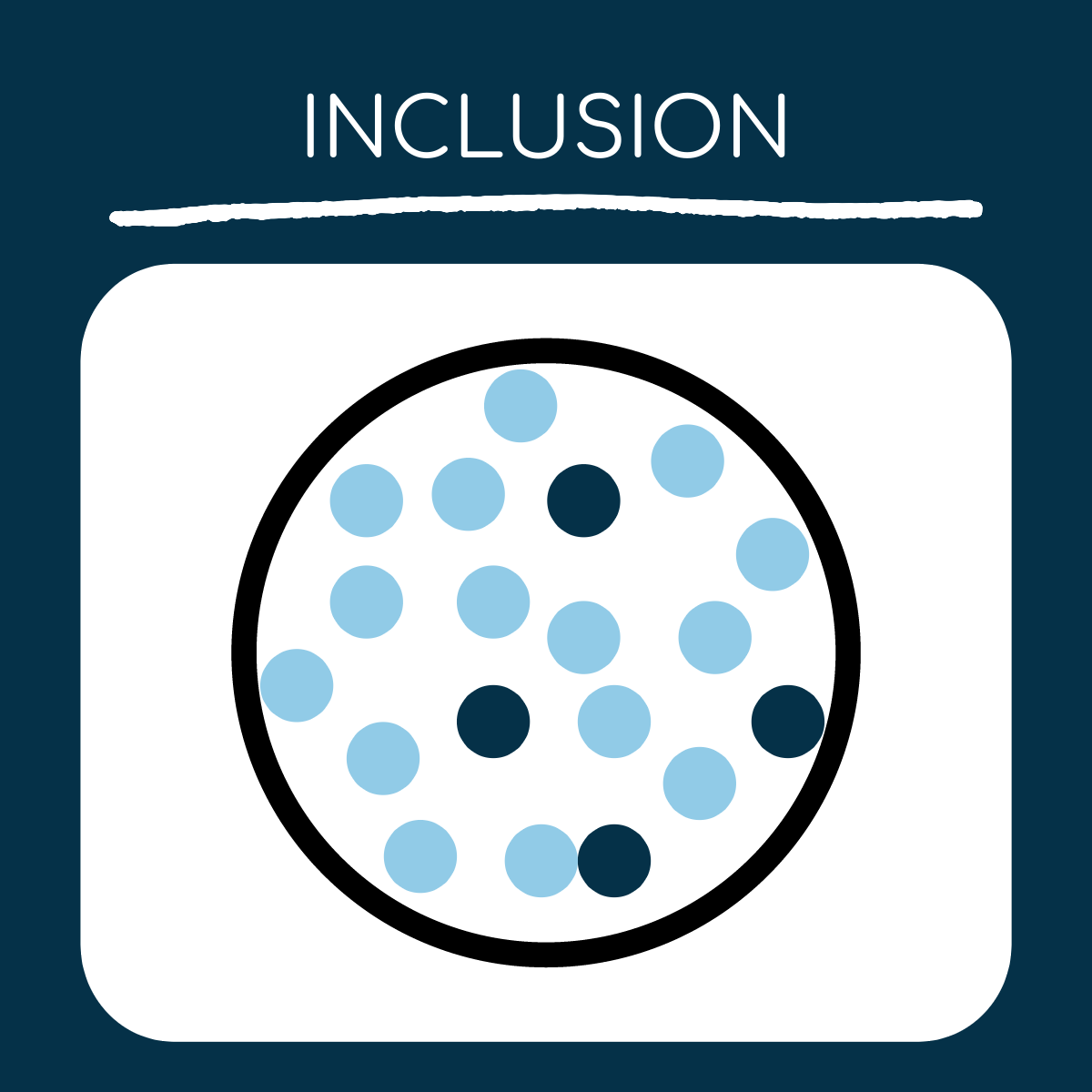
Who Does Inclusion in Early Childhood Education Benefit?
Typically developing children & children with disabilities:
Research has shown that inclusive early learning benefits not only children with challenging behaviors and disabilities, but also children with typical development (who learn to appreciate diversity and develop compassion). Inclusion helps children with disabilities learn and grow in a supportive environment. They develop social skills, make friends, and learn from their peers.
Teachers and administrators:
Inclusion helps teachers and administrators become more skilled at individualizing and differentiating learning. They learn how to meet the needs of all students, regardless of their abilities.
Families:
Inclusion helps families access childcare and feel a sense of belonging. They can see their children thrive in a supportive environments.
The benefits of inclusion are far-reaching. By teaching inclusion at an early age, we can create a community where everyone is welcome.
Research has shown that inclusive early learning benefits not only children with challenging behaviors and disabilities, but also children with typical development (who learn to appreciate diversity and develop compassion). Inclusion helps children with disabilities learn and grow in a supportive environment. They develop social skills, make friends, and learn from their peers.
Teachers and administrators:
Inclusion helps teachers and administrators become more skilled at individualizing and differentiating learning. They learn how to meet the needs of all students, regardless of their abilities.
Families:
Inclusion helps families access childcare and feel a sense of belonging. They can see their children thrive in a supportive environments.
The benefits of inclusion are far-reaching. By teaching inclusion at an early age, we can create a community where everyone is welcome.
